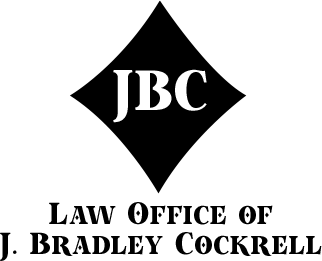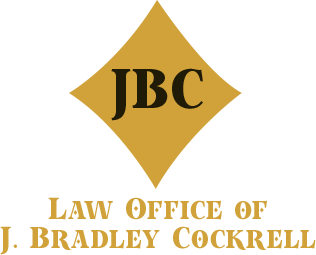In Louisiana, as in many states across the U.S., bail is a mechanism that allows an accused person to be released from custody while awaiting trial. This ensures that they can prepare their defense in an environment outside of jail and maintains the principle that a person is presumed innocent until proven guilty. One of the methods used for securing this release in Louisiana is through property bonds.
What is a Property Bond?
A property bond, often referred to as a “secured bond,” uses real estate owned by the accused or a willing third party as collateral to guarantee the defendant’s appearance in court. If the defendant does not show up for their scheduled court appearances, the court can start foreclosure proceedings on the property to recover the bail amount.
How Does it Work in Louisiana?
- Property Valuation:
- The first step involves assessing the value of the property to be used as collateral. The equity in the property must generally exceed the amount of the bail. In Louisiana, a recent tax assessment or a formal appraisal by a certified professional may be required to determine the property’s value.
- Documentation:
- Property owners will need to provide specific documents such as:
- The property deed.
- Recent tax assessments.
- Any existing mortgage statements or liens on the property.
- Property owners will need to provide specific documents such as:
This documentation helps establish both ownership and equity in the property.
- Court Approval:
- Once the property's value is verified, the court reviews the documentation and may accept the property as collateral. This decision is at the discretion of the court and may vary depending on the circumstances of the case and the specifics of the property in question.
- Signing the Bond Agreement:
- If the court approves the property bond, the defendant or the property owner will sign an agreement. This agreement binds the property to the bail amount and promises that the defendant will appear for all required court dates.
- Release from Custody:
- Once the agreement is signed and the property bond is approved, the defendant is typically released from custody.
- Fulfillment or Forfeiture:
- If the defendant makes all required court appearances, the property bond is released, and no claim is made on the property. However, if the defendant fails to appear, the court can initiate foreclosure proceedings to secure the bail amount. This may result in the sale of the property.
Advantages and Disadvantages of Property Bonds:
- Advantages:
- It's an alternative for those who can't afford a cash bail.
- It can involve family or friends who believe in the defendant's innocence and are willing to support by using their property.
- Disadvantages:
- The process can be time-consuming.
- The property is at risk if the defendant does not meet their court obligations.
Property bonds offer a way for defendants in Louisiana to secure their release from jail when cash bail is out of reach. However, like all bail methods, there's an inherent risk. It's crucial for defendants and property owners to understand these risks and consult with an attorney before making any decisions about using property as collateral.
Note: This blog post is meant for informational purposes only and does not constitute legal advice. Always consult with a licensed attorney for advice related to your specific circumstances.

